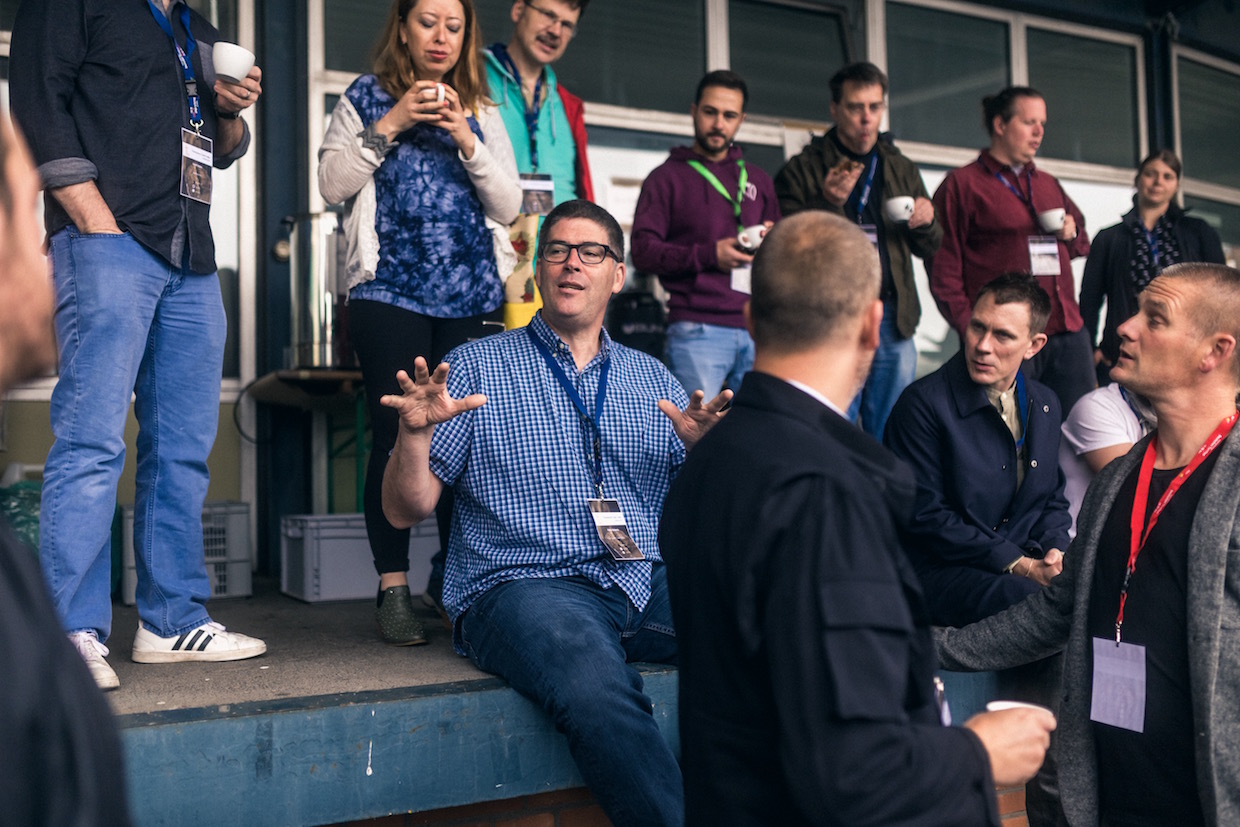
Peter Roberts of the Goizueta Business School at Emory University addressing the TTC Colloquium participants in Hamburg, Germany. All photos courtesy of Transparent Trade Coffee.
Transparent Trade Coffee (TTC) recently held its second annual colloquium, involving a range of forward-thinking coffee professionals in a series of discussions about how to leverage pricing transparency as one way to evolve green coffee purchasing behaviors.
Led by Peter Roberts, a professor at the Goizueta Business School at Emory University, the TTC Colloquium brought together 27 roasters, importers and exporters representing multiple geographies at Quijote Kaffe in Hamburg, Germany, last month.
What resulted was a series of conversations that challenged existing paradigms in coffee purchasing, beginning with the premise that we are not paying nearly enough for high-quality green coffees, resulting in a significant risk for an industry that depends on quality to differentiate itself from the mainstream.
Pushing for a deeper awareness of specific problems and solutions, this group got right to the topic at hand: Current green prices cannot sustain livelihoods in coffee-growing communities or production levels required to meet forecasted demand.
Among the conversations was a focus on a pilot project that will produce a data-backed transaction guide for the specialty sector. This guide will ask industry participants to donate key information about their green coffee purchases from the last two harvests. Information on prices, quantity, quality and region will be anonymized and aggregated by researchers, with the goal of creating an alternate price discovery tool for the specialty coffee industry.
This guide will provide as much value to producers and exporters as it does to importers and roasters. In the hour-long conversations, several roasters indicated an urgent need for this alternate pricing tool because they are under enormous pressure to pay prices that align with industry standards. Currently, this means alignment with the New York “C” price, which is broadly understood to be way too low and volatile to sustain the specialty sector.
Reflecting on this project and on the Hamburg conversations, Roberts stressed that, “while the specialty sector clearly needs pricing benchmarks, these must accurately reflect the supply and demand for coffees that are valued because of their quality and identity.”
If all goes according to plan, the pilot transaction guide will be based on data donated by 20-30 exporters, importers and roasters working around the world of specialty coffee. It is expected to be released later this fall.
While the pilot will rely on less-than-perfect information in its first phase, supporters will learn quickly and make refinements so that it becomes increasingly relevant for a broad group of sellers and buyers. They will also work to attract a larger and more diverse set of data donors so that the guide presents information that applies to a broader swath of the specialty coffee industry.
In addition to providing a pricing context for specialty coffee transactions, these data will support additional research to assess whether and where current prices are sufficient to allow payment of minimum or living wages on coffee farms and to induce needed investments in coffee quality and quantity.
This led colloquium participants to another important set of conversations about real costs of production for specialty coffee. Azahar Coffee, a green coffee exporter and retailer in Colombia, has invested in preliminary research related to the green coffee prices that are necessary to create economic outcomes where minimum and living wages can be supported.
“In traditional coffee consuming countries such as the U.S., we would never willingly negotiate something at a price below what would be required for its maker to earn a minimum wage — nor would we ever consider paying our employees below minimum wage,” said Tyler Youngblood, Azahar’s co-founder. “But as we have reviewed our early findings, that is exactly how coffee is sourced. Our industry too rarely pays what is needed to even allow farm owners and farm workers to earn the equivalent of a Colombian minimum wage. In fact, most prices paid to producers rarely allow them to even reach their country’s respective poverty lines.”
The Hamburg group repeatedly resisted the temptation to perfect every detail or remove every potential hurdle with these research projects before getting started. All participants were in very strong favor of moving forward with these core projects — even if data is limited — as a kind of living, breathing project in the name of transparency.
At present, imperfection is preferable to inaction, especially given the staggering consequences associated with industry-wide paralysis: persistent hardship in coffee communities and a crippling loss of supply diversity that impairs the ability to differentiate.
Chad Trewick
Chad Trewick is the owner of Reciprocafé LLC, a consultancy prioritizing shared value and measured and meaningful coffee value chain support. Trewick’s focus is to maintain access to green coffee as a raw material while strengthening the entire value chain encouraging scalable, mutually beneficial relationships. He is on the Specialty Coffee Association’s board of directors, and is chair of the Sustainability Advisory Council.
Comment
3 Comments
Comments are closed.



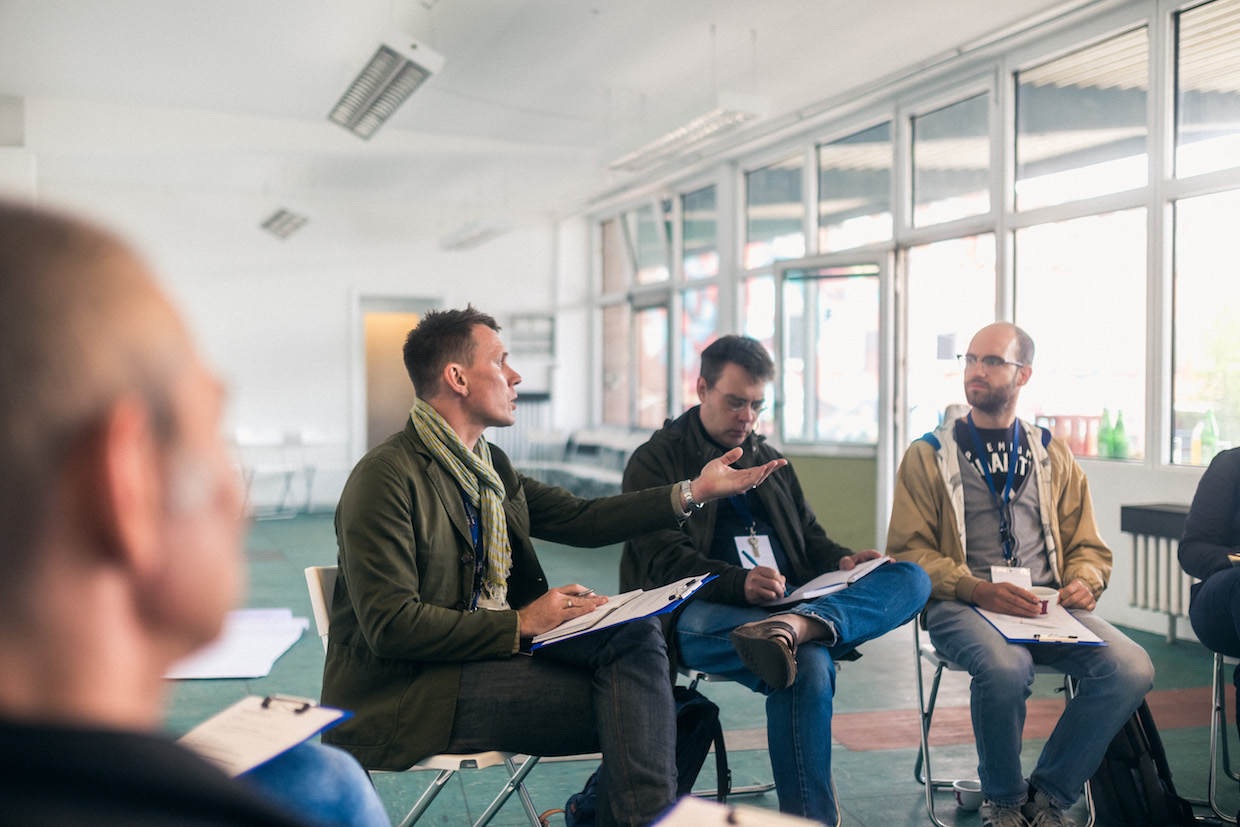
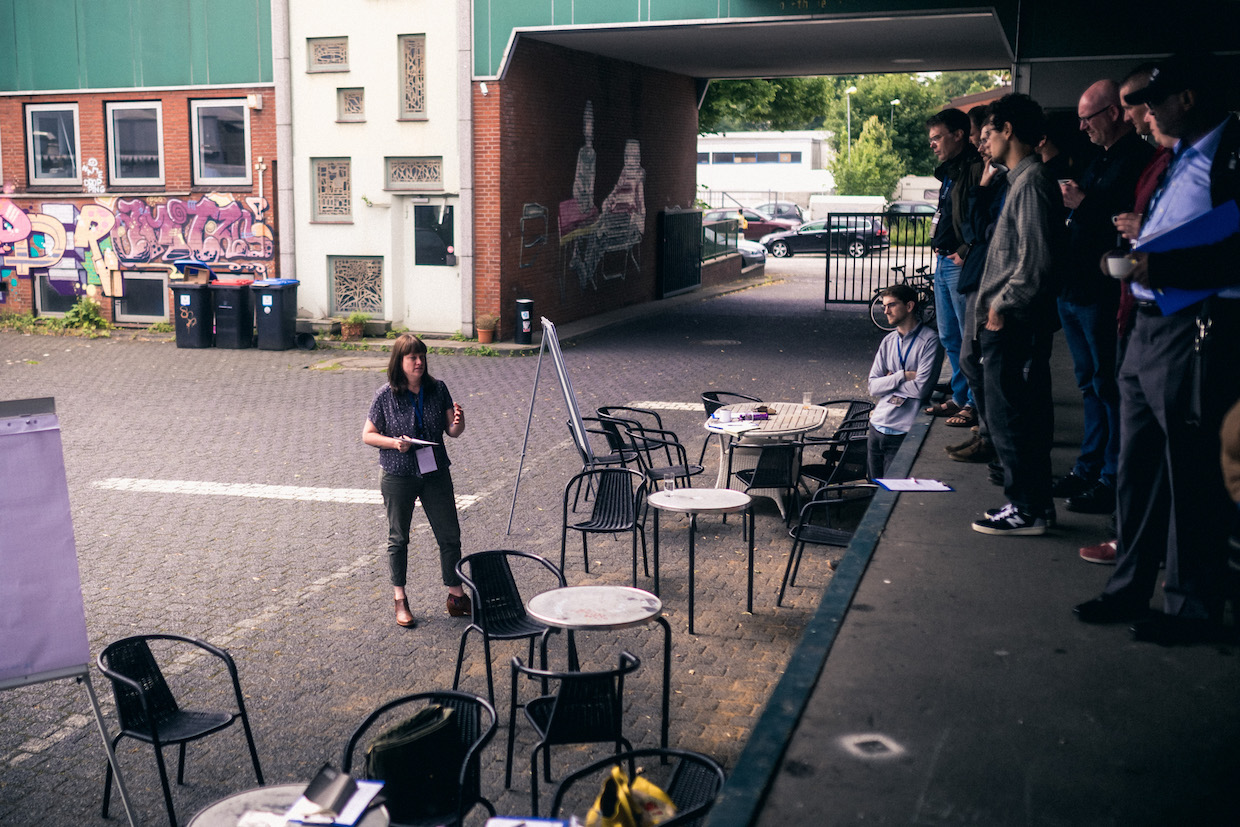
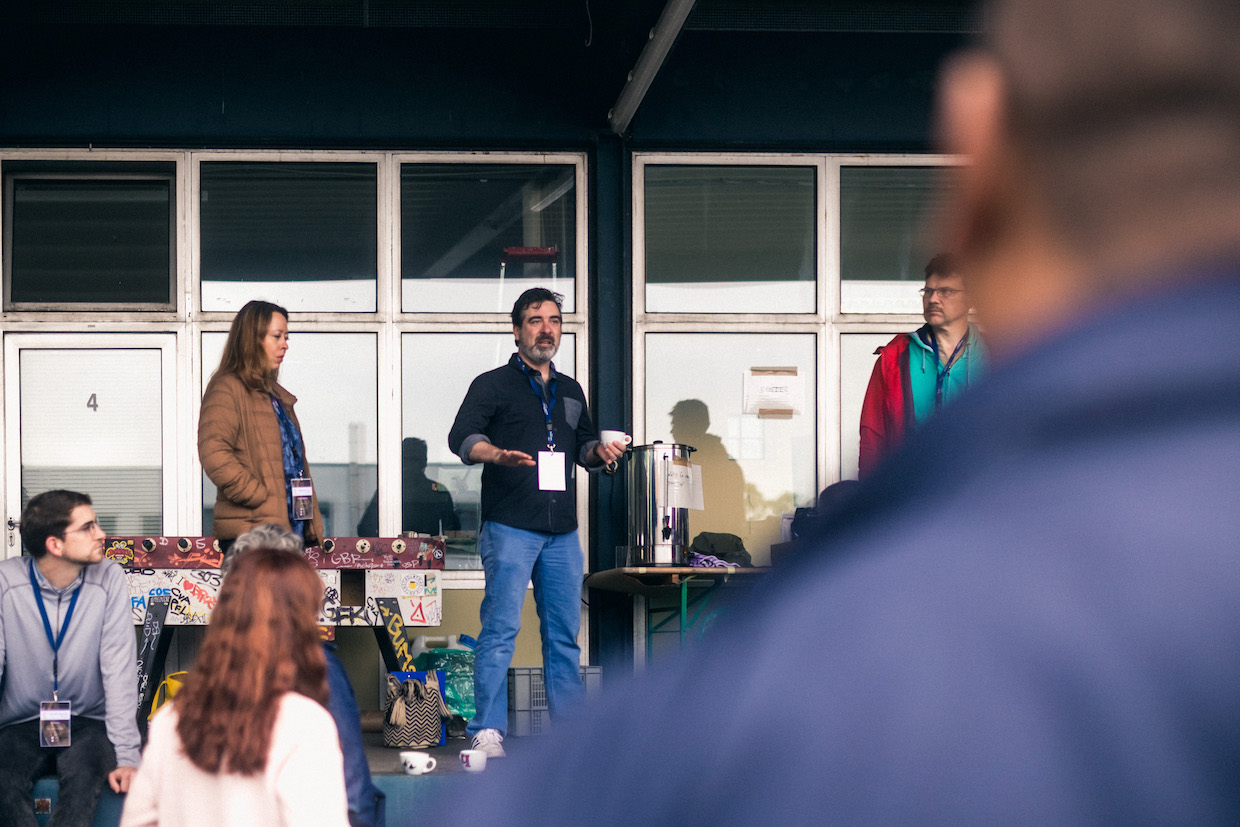
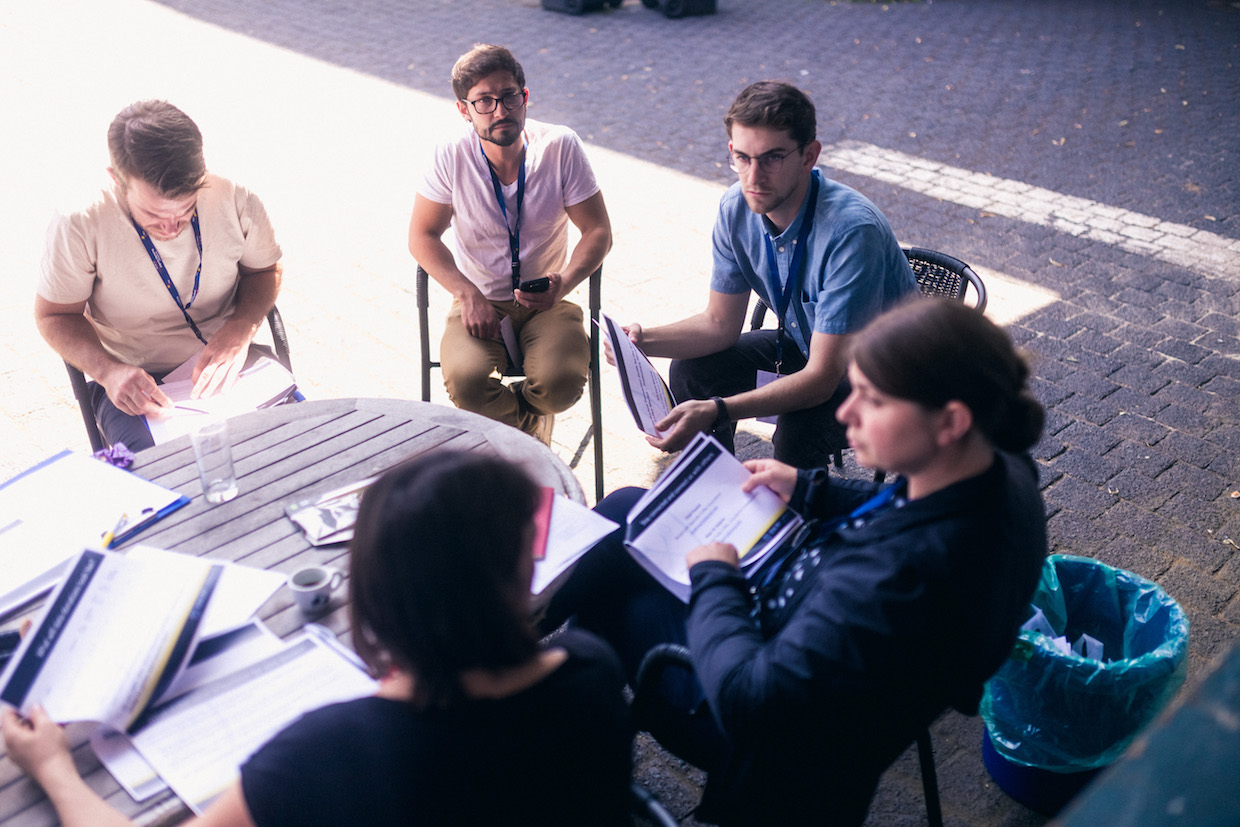



Un mercado para cafes de especialidad, debe partir de que los precios se deben acordar en mutuo con el productor, teniendo como punto de partida los costos de produccion de una carga de cafe en el pais de origen para cultivador promedio.
Esto genera confianza y hace la cadena bien sostenible….no debemos olvidar que todos los eslabones de la cadena del cafe como de cualquier producto la conformamos seres humanos con nesecidades y espectativas por satisfacer…
Debemos olvidarnos de estar mirando los precios de Nueva York y creer mas en el acuerdo o contrato con el productor..
Gracias…
Cada finca productora de cafe de especialidad se debe convertir tambien en un centro de costos…igual que cada eslabon de la cadena…es muy sencillo solo se requiere voluntad …
Tienen que estar mas presente el productor en la comercializacion directa si no desapareceran poco a poco las fincas soy de honduras y al productor le estan pagando 90 us$$ con cafe de perfil 87.5